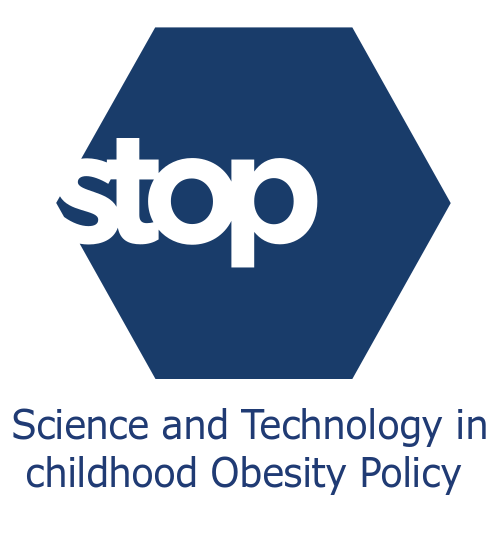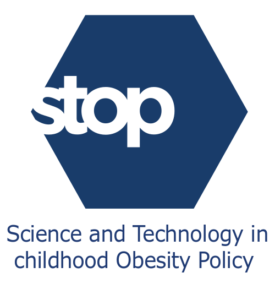To promote a shared understanding of the challenges and necessity for joint actions to define and implement solutions for childhood obesity, we aim to recommend to national authorities and the European Commission a sustainability plan for future stakeholder engagement in the areas of childhood obesity.
With the method of the social network analyses, we are investigating social structures and alliances among stakeholders. The stakeholder engagement process is an integral component of the STOP project, and we would like to better understand stakeholders’ views and positions and get feedback on the project processes and outcomes.
Comparing the membership structure of EU-level (multi-)stakeholder platforms with identified individual EU-level obesity stakeholders revealed that existing platforms generally include the main actors active at EU level. However, organisations representing the private sector appear to have a stronger presence on the platforms. The fields of biology/health are also less represented as a topic in multi-stakeholder platforms, most likely due to the more policy-oriented nature of stakeholder platforms. Furthermore, not all types of stakeholders, especially non-formal ones, are represented at the EU level which means that certain views and approaches may be absent from EU debates.
This emphasises the importance of regional and local voices to be mobilised to the solution searching processes.

